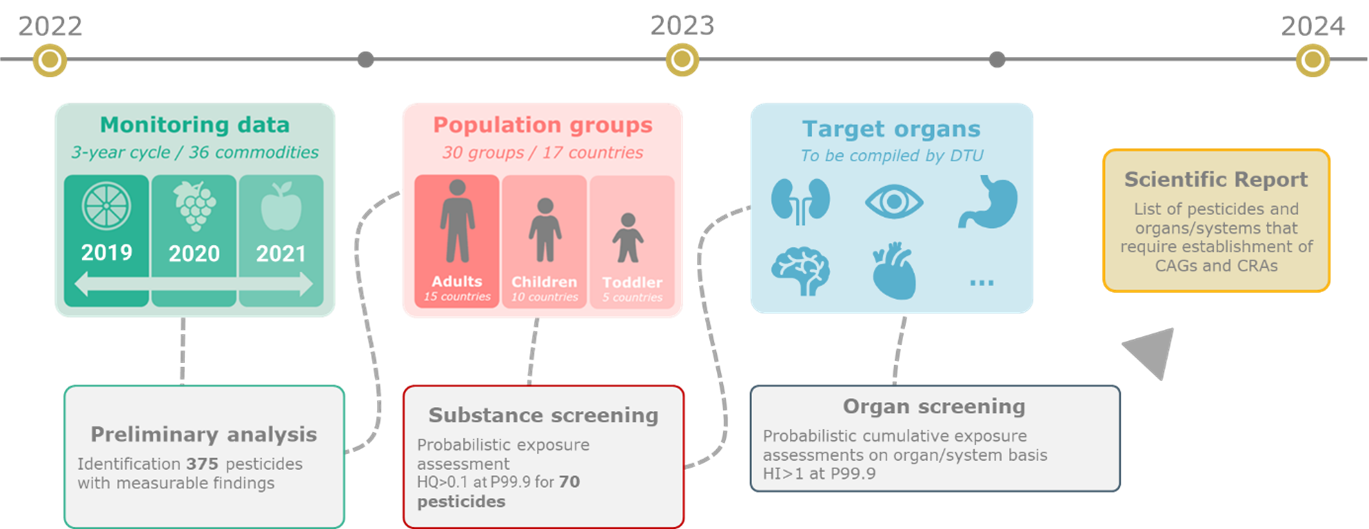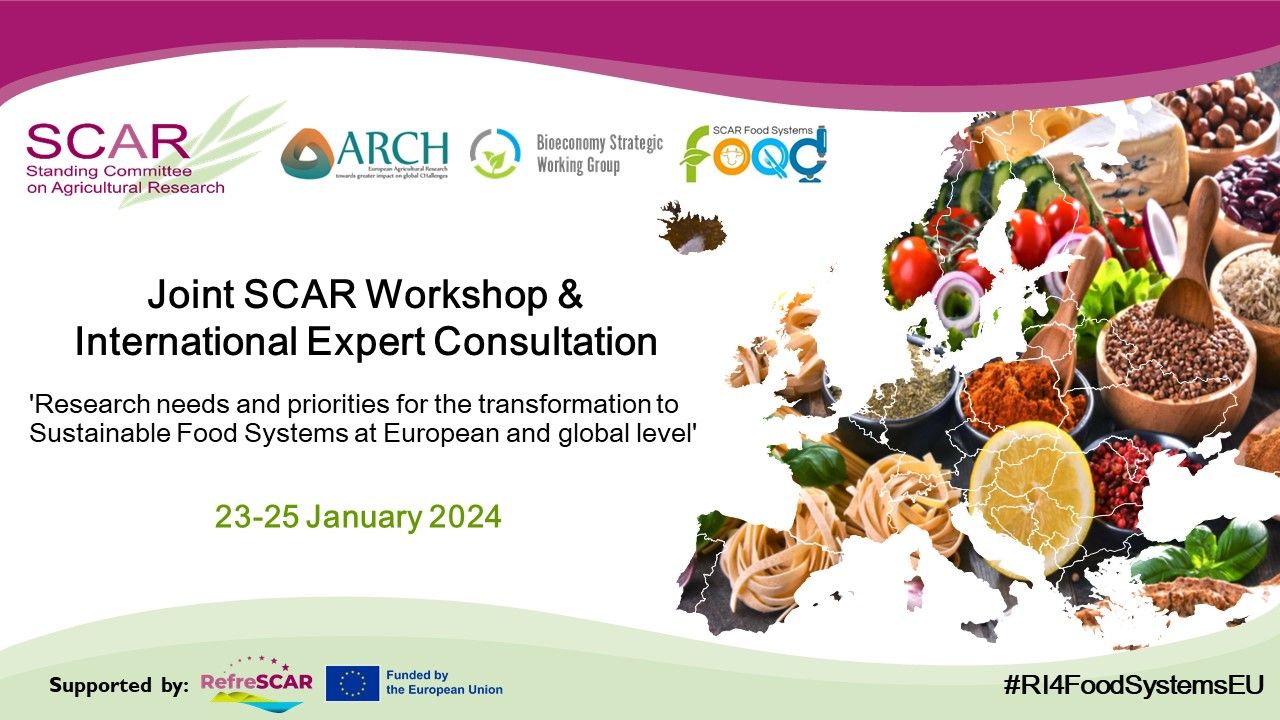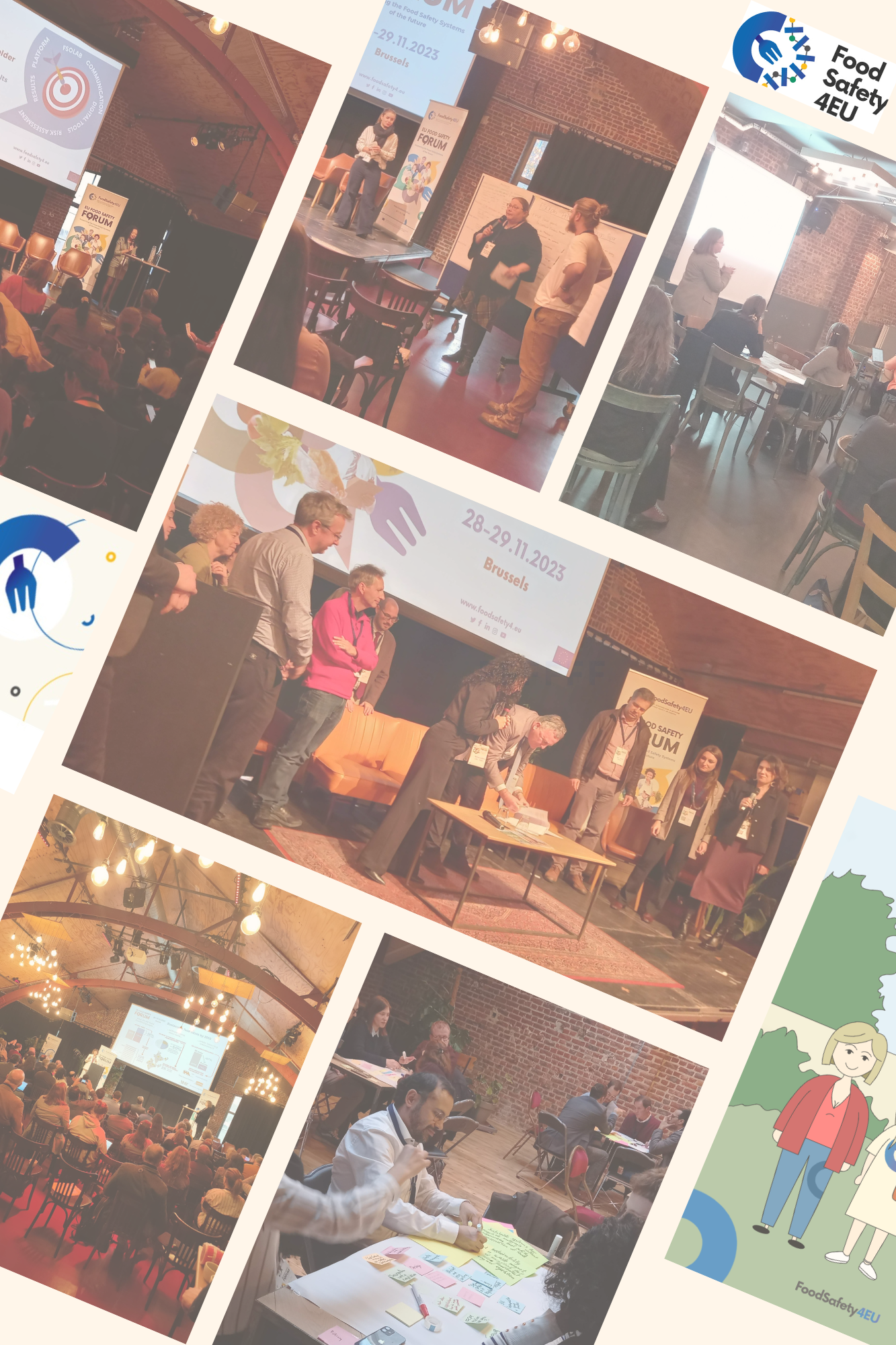Handling food at home – does pregnancy make a difference?


Although food safety at home is always important, pregnant women should pay special attention to food safety, even and especially during pregnancy. During pregnancy, the risk of serious consequences of foodborne illness increases for both the pregnant woman and the fetus.
Among all already known microbiological health hazards, diseases caused by bacteria Listeria monocytogenes and the parasite Toxoplasma gondii are particularly dangerous during pregnancy. They cause food contamination, but they do not change the smell, appearance, or taste of the food. Infection during pregnancy can have serious consequences especially for the fetus and can cause miscarriage, premature birth or stillbirth.
Listeria is a bacterium which can be present in raw or prepared foods that have been contaminated during preparation. Listeria are among the few bacteria that multiply even in the refrigerator at low temperatures. Infection during pregnancy can increase the risk of miscarriage or premature birth or cause infection of the new born.
Infection with the parasite Toxoplasma gondii can occur by eating unwashed vegetables, insufficiently heat-treated meat, or drinking raw or unpasteurized milk. The disease caused by Toxoplasma gondii can result in hearing loss, blindness, and cognitive deficits in children. Infection can also occur during gardening if there is cat feces in the soil. However, one can also become infected directly through contact with a cat.
The results of our current study indicate that pregnant women generally have basic knowledge of proper food handling and are aware of food safety. However, some specific gaps in food handling at home were identified (e.g., avoiding cross-contamination when storing cooked and raw foods, thawing raw foods on the kitchen counter, washing hands after handling raw eggs and before preparing baby food or breastfeeding).
If you are interested in more information, we invite you to read more in the recent study (open access) that examined risk perspective, food safety knowledge, and practices of pregnant women and postpartum mothers compared to non-pregnant women.
Find out more: https://www.mdpi.com/2304-8158/10/10/2412/htm
Latest Articles

Towards holistic, AI-driven emerging risk assessment: catching stakeholders’ needs in Living Labs

Protecting public health: understanding the importance of cumulative risk assessment of pesticides

SCAR consultation workshop on Sustainable Food Systems: highlights from EU FOOD SAFETY PLATFORM

Pioneering advances in the EU Food Safety System: highlights from the first EU Food Safety Forum
Food4Future_cz

New Tools for Preventing Harmful Bacteria in Ready-to-Eat Foods


